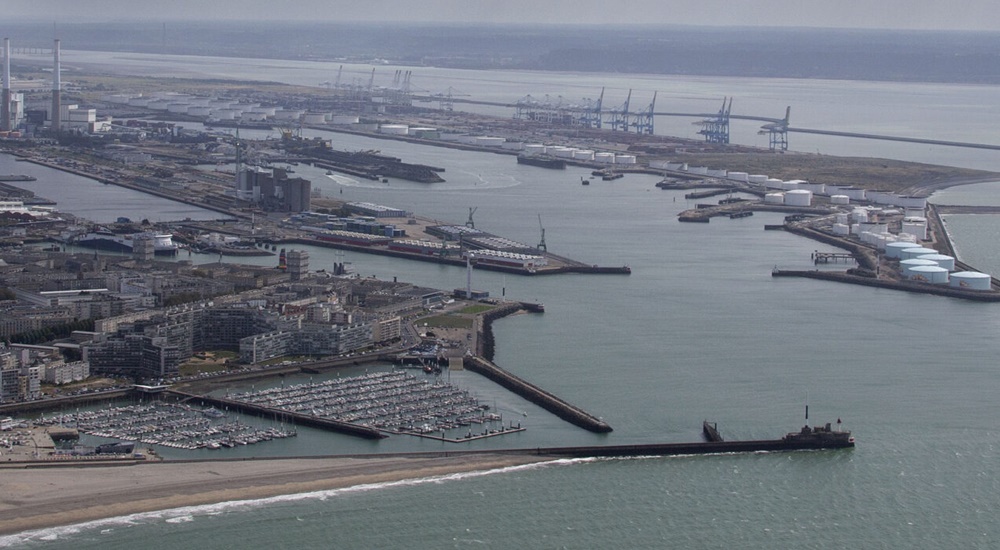The Port Authority of Le Havre (port to Paris City, France) and the Urban Community decided to entrust the development/management of cruise facilities to GIP Le Havre Croisieres.
Since 2018, the Haropa Port Authority and Le Havre Seine Metropole Urban Community have been committed to a partnership approach in order to develop cruise activity/redevelop the Pointe de Floride site, in line with the urban development carried out on the waterfront.
The objectives pursued include the development of the economic impact of cruises/to offer a better service to make Le Havre port a benchmark for cruises. Those objectives involve making investments and setting up an operating framework. The works program includes the construction of 3 cruise terminals, replacing the existing port facilities, and electrification of the 3 berths.
In total, EUR 90 million (~USD 92M / GBP 77M) will be invested in the dedicated to cruise ships Pointe de Floride site.
Dockside electricity (shore-to-ship power) supply systems will be installed on the Terminal's 3 quays.
Works will commence in winter 2023.
Two new terminals will be built, commencing with the South Quay, with the renovation of 2 existing hangars. In addition, the North Terminal, which is opposite downtown and is UNESCO-listed, is expected to benefit from new construction.
Works have been carried out and are continuing, such as the stabilization/renovation of the quays and new defenses. New covered gangways equipped with a middle podium (for reducing the incline caused by tides) are under construction.
The port development project also includes a landscaped promenade and parking zones.

The works will be carried out between 2023-2025 in such a way as to disturb cruise shipping as little as possible.
Port Le Havre currently handles 350,000-400,000 passengers annually. The Cruise Vision project set the objective of reaching a total of 600,000 passengers by 2030.